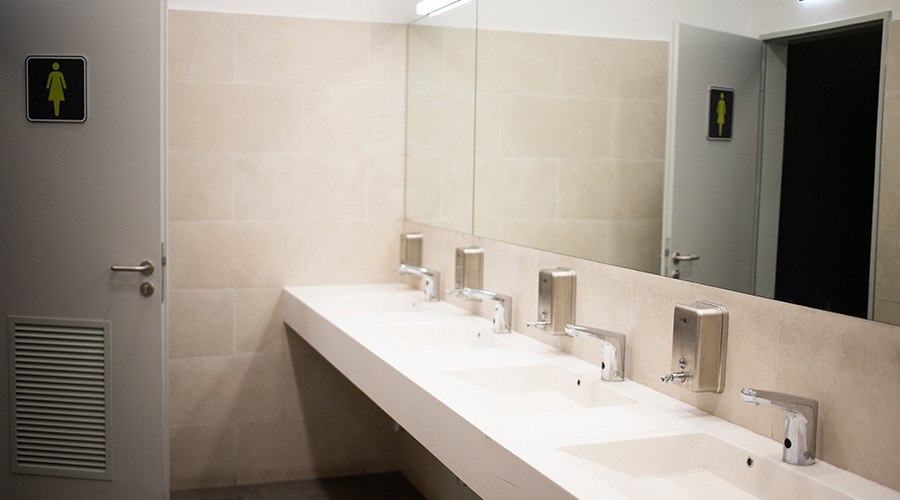As if a resurgent pandemic isn’t enough.
Already overseeing thinning resources and tired staffs, facility managers with healthcare systems nationwide now must confront the outbreak of an untreatable superbug that is threatening patients and residents.
A deadly, hard-to-treat fungal infection that has been spreading through nursing homes and hospitals across the United States is becoming even more dangerous, according to The New York Times. Researchers for the first time have identified several cases in which the fungus, Candida auris, was completely impervious to all existing medication.
The finding, released by the Centers for Disease Control and Prevention (CDC), is an alarming development in the evolution of C. auris, a tenacious yeast infection discovered in Japan in 2009 that has since spread across much of the world.
Federal health officials say the bug has spread even more widely during the coronavirus pandemic, with overwhelmed hospitals and nursing homes struggling to keep up with the surveillance and control measures needed to contain local outbreaks.
In the new report, the CDC said, five of more than 120 cases of C. auris were resistant to treatment. The CDC did not identify the facilities where the novel infections took place, but health officials said there was no evident link between the outbreaks, which occurred in Texas at a hospital and a long-term care facility that share patients, and at a single long-term care center in Washington, D.C. The outbreaks took place between January and April.

 What Lies Ahead for Healthcare Facilities Managers
What Lies Ahead for Healthcare Facilities Managers What's in the Future for Healthcare Restrooms?
What's in the Future for Healthcare Restrooms? Hammes Completes the Moffit Speros Outpatient Center
Hammes Completes the Moffit Speros Outpatient Center The Top Three Pathogens to Worry About in 2026
The Top Three Pathogens to Worry About in 2026 Blackbird Health Opens New Pediatric Mental Health Clinic in Virginia
Blackbird Health Opens New Pediatric Mental Health Clinic in Virginia